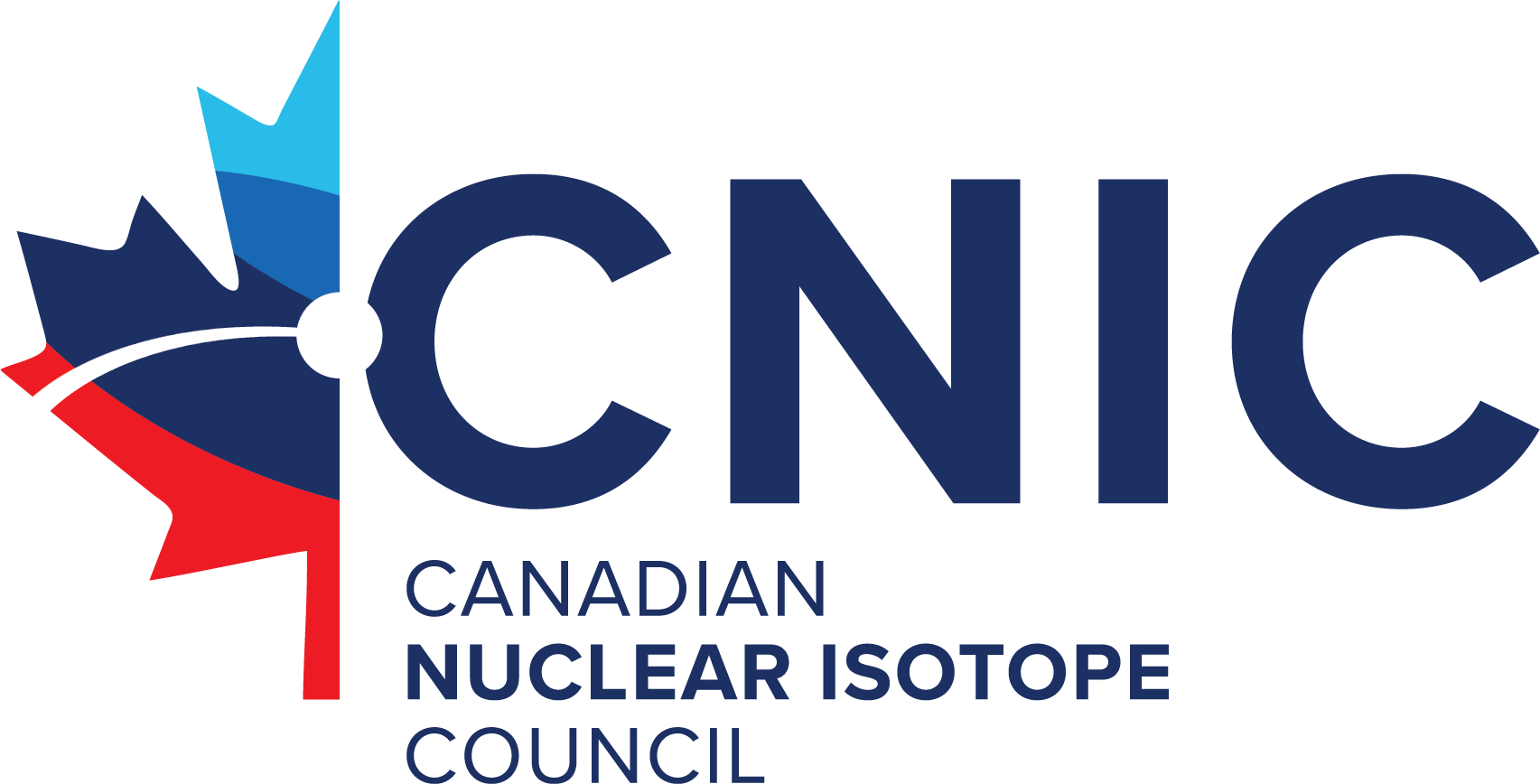Toronto, ON – November 13, 2025 – Health care across the regional and remote communities can sometimes involve long trips for patients and tight timelines for health practitioners. Thunder Bay Regional Health Sciences Centre (TBRHSC) makes that path easier by pairing local isotope production with same-day PET/CT and integrated cancer services, ensuring access to care for many patients across northern Ontario.
The CNIC is proud to welcome TBRHSC as its newest health partner. With an integrated isotope production and radiopharmacy program, next-generation PET/CT imaging, and strong research–training ecosystem, TBRHSC is setting a scalable model for how health systems can translate nuclear innovation into patient impact.
At the core of TBRHSC’s program is a hospital-based TR-24 cyclotron and adjacent radiopharmacy that produces Fluorine-18 (F-18) for PET radiopharmaceuticals and is designed for multi-isotope output. Local isotope production has made Thunder Bay a near self-reliant hub for time-critical PET tracers, reducing cancellations and ensuring consistent access despite weather and distance. The program supports patients across Northwestern Ontario, from east of White River to the Manitoba border, and is also preparing to provide backup supply to other centres to strengthen provincial and national isotope resilience.
The production will help to enhance capacity with the hospital’s expanding cardiovascular surgery (CVS) program, alongside FDG PET for diagnosis, staging, and treatment monitoring.
Through the Thunder Bay Regional Health Research Institute, TBRHSC’s independent research arm, the Centre advances tracer development and radiochemistry while training the next generation of radiochemists, technologists, and imaging professionals. This integrated clinic–lab–academia model positions Thunder Bay to help lead Canada’s move into theranostics, bringing targeted, isotope-enabled therapies closer to routine care.
“By pairing local isotope production with advanced imaging and oncology, Thunder Bay Regional Health Sciences Centre is ensuring patients in Northwestern Ontario communities get timely, high-quality care.” said Melody Greaves, Executive Director of the CNIC. “This is exactly the type of regional model that strengthens the whole system and builds Canada’s health network resilience.”
“Our cyclotron and radiopharmacy teams are expanding access to advanced diagnostics and pioneering new isotopes. Joining CNIC strengthens our ability to collaborate nationally and help shape the future of isotope development,” said Roxanne Pycko, Director of Cyclotron Operations at TBRHSC.
To learn more about Thunder Bay Regional Health Sciences Centre, visit www.tbrhsc.net
About Thunder Bay Regional Health Sciences Centre
Thunder Bay Regional Health Sciences Centre (TBRHSC), a 425-bed academic specialized acute care facility, is a national leader in Patient and Family Centred Care. As the only tertiary care provider in Northwestern Ontario, we provide comprehensive services to a population of over 250,000 residents in a region the size of France. Effectively addressing the health care needs of patients and families has earned us both Innovation Awards and Leading Practice Designations. As an academic health sciences centre, we teach the next generation of health care providers and advance medical research. Patients benefit from interprofessional teams of dedicated health care providers and access to leading-edge medical technology and clinical trials. To fulfill its teaching and research strategic goals, TBRHSC is supported by Thunder Bay Regional Health Research Institute (TBRHRI) as a not-for-profit and independent research corporation. TBRHRI is the research arm of TBRHSC and seeks to lead research to improve the health outcome of the people of Northwestern Ontario and beyond.
About the Canadian Nuclear Isotope Council
The Canadian Nuclear Isotope Council (CNIC) is an independent, not-for-profit advocacy and member services organization. The CNIC supports over 115 members from across science, academia, healthcare, and nuclear-sector organizations dedicated to maintaining Canada’s position as a global leader in the production of life-saving isotopes. The CNIC raises awareness and advocates for long-term policies that support health-care innovation and will save countless lives for decades to come.
To learn more about the CNIC, visit www.CanadianIsotopes.ca and follow us on Facebook, X, and LinkedIn, or please contact:
Evan Cameron
Manager, Public Affairs and Communications
Canadian Nuclear Isotope Council
Evan.Cameron@canadianisotopes.ca
